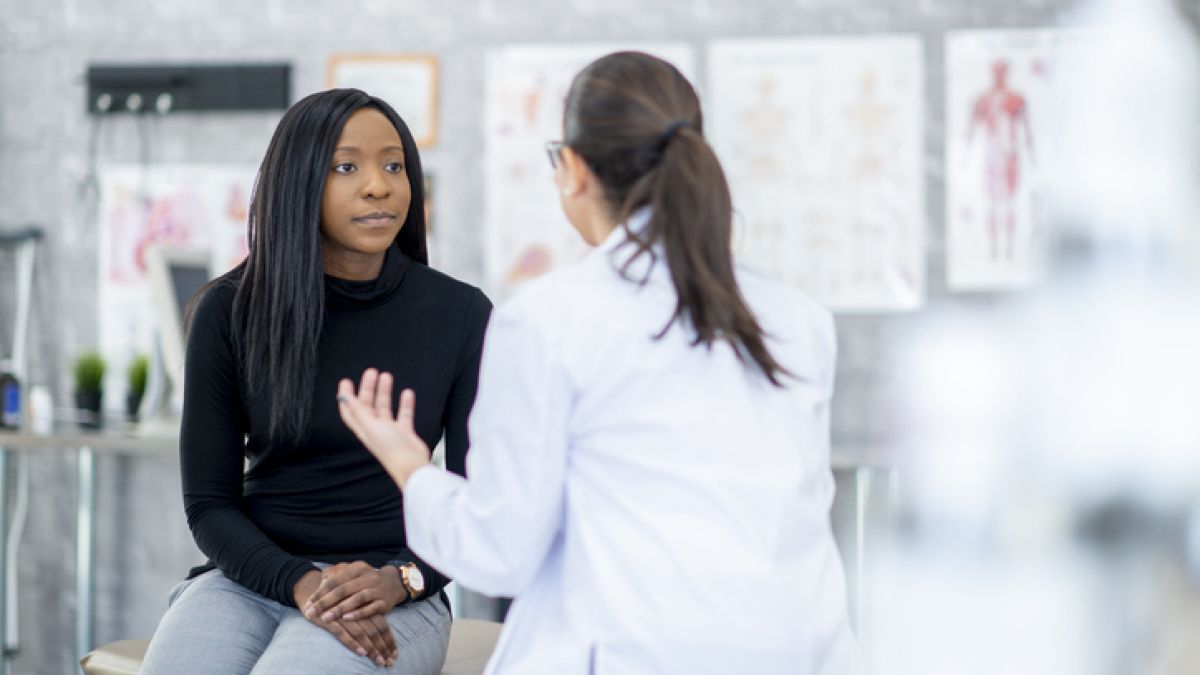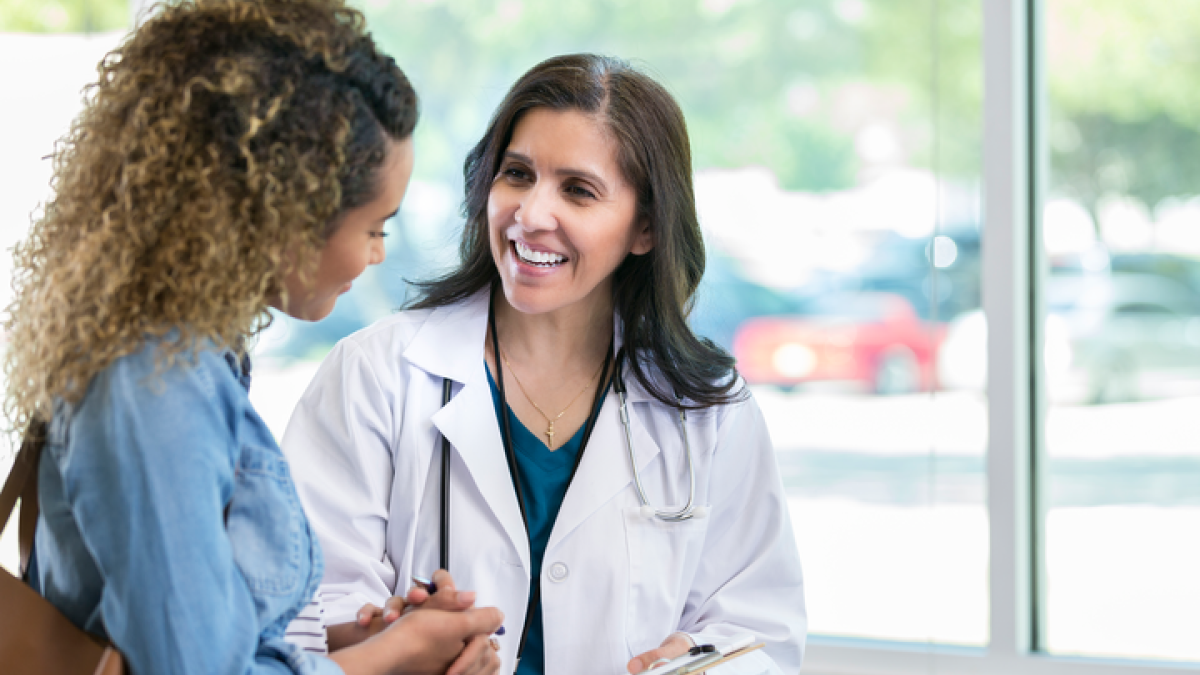Why choose Ochsner Health for your gynecology care?
From puberty to family planning to menopause and beyond, you can trust the Ochsner gynecology team for all your reproductive health needs. Our experienced gynecologists provide leading-edge care to women of all ages in Louisiana and Mississippi. We take the time to listen to your concerns, and we can help you address problems that may be impacting your physical or mental health, your sex life, or your fertility.
Ochsner combines the advantages of a women’s specialty hospital with the peace of mind that comes with being treated in one of the top medical centers in the country. Our gynecologists partner with urogynecology, gynecologic oncology, women’s behavioral health specialists and other providers to offer comprehensive care for the entire woman.



















